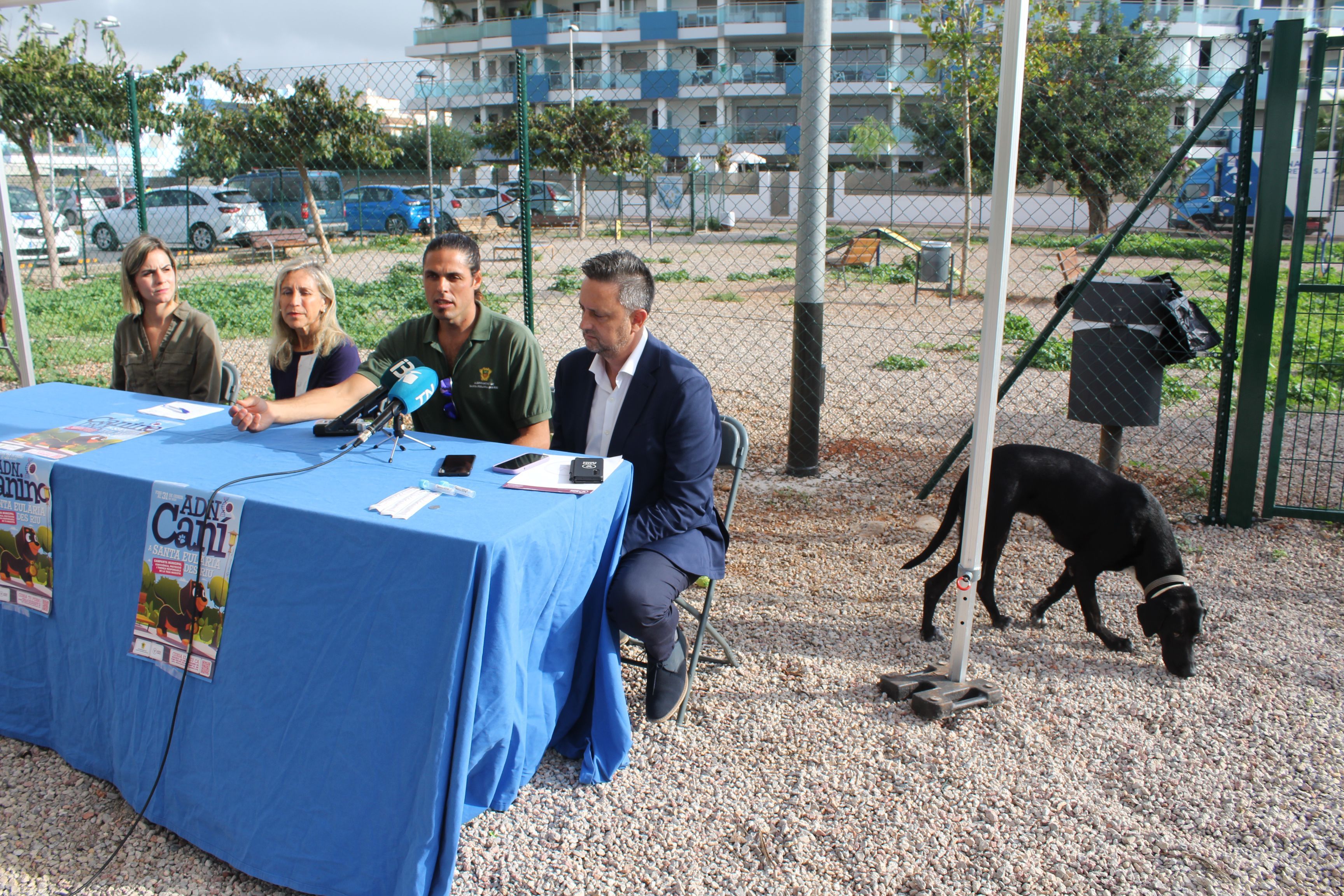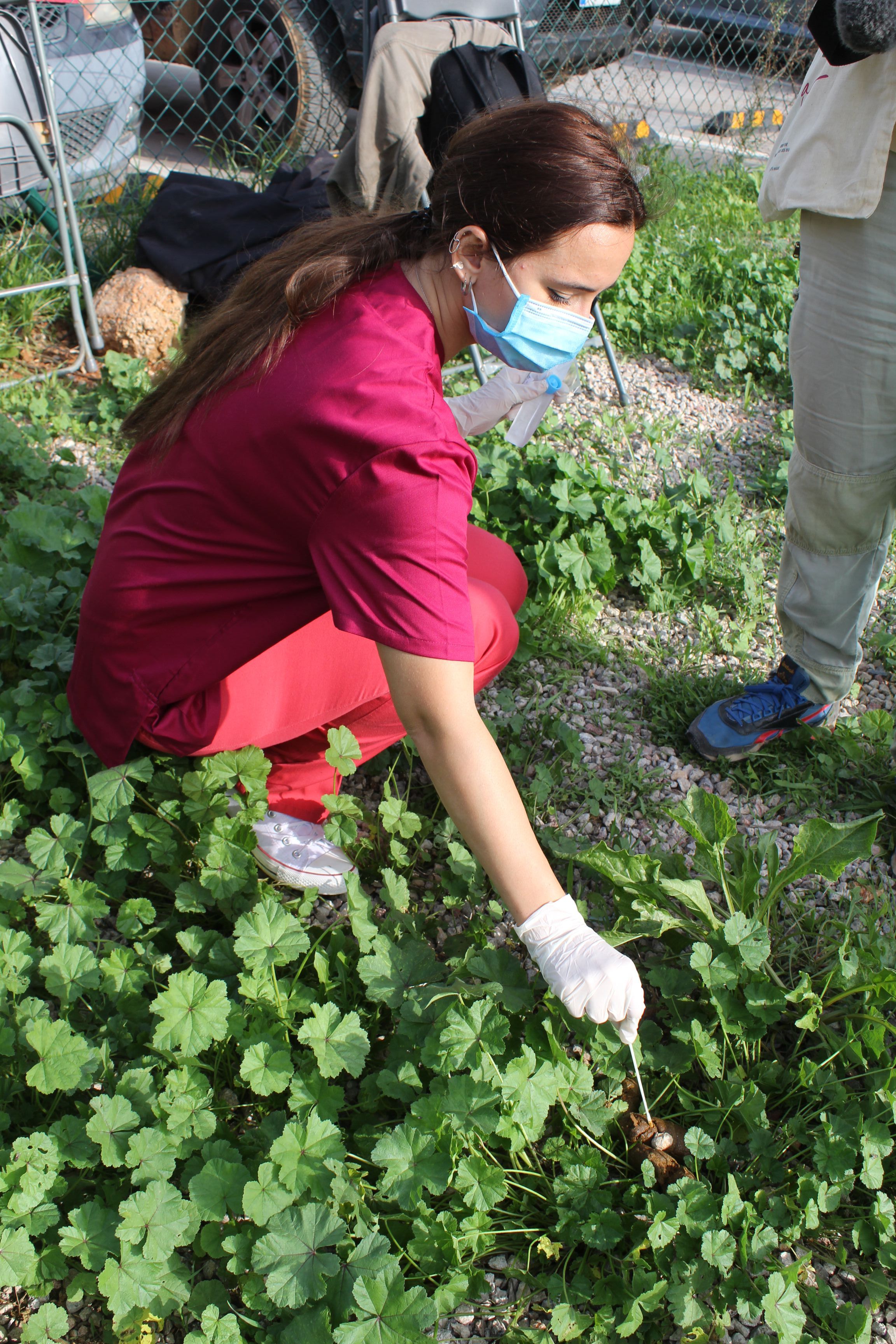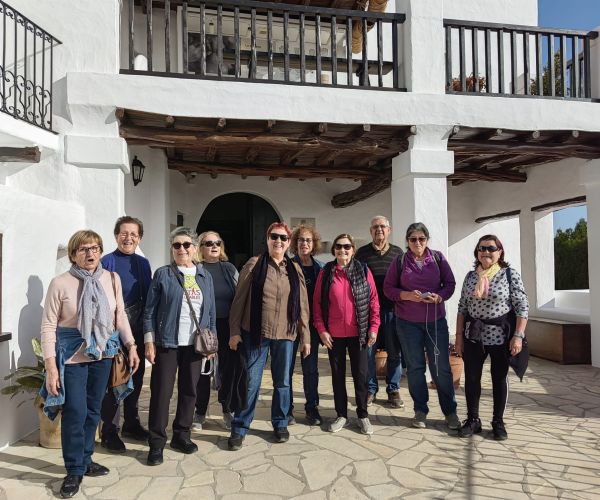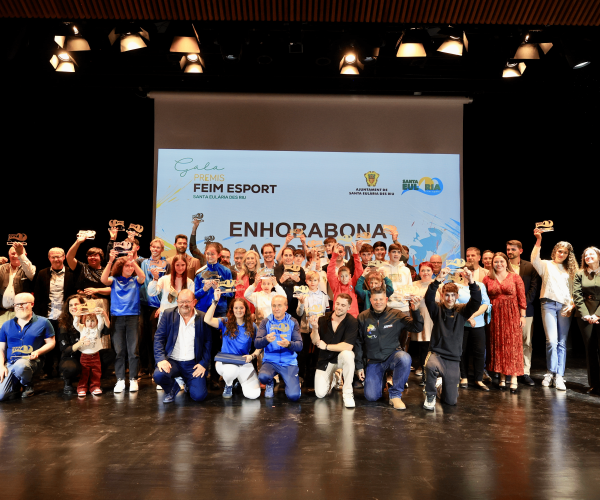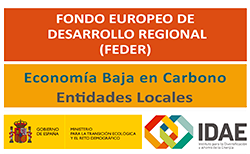Santa Eulària des Riu begins the preparation of a dog DNA census to fight against uncollected excrement, the abandonment of litters and attacks on other animals
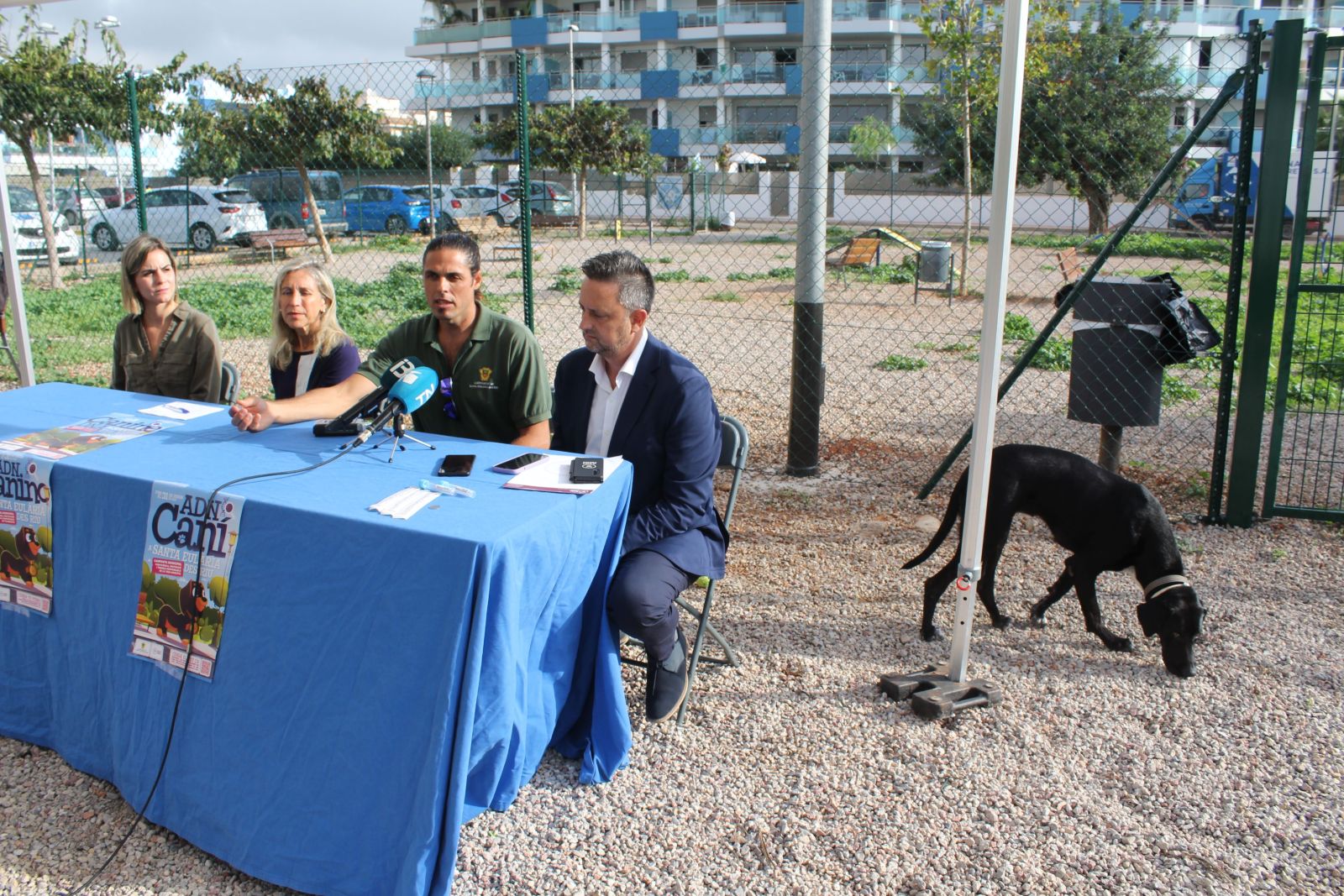
-
Registration will be mandatory for all dogs in the municipality and will be subsidized by the Consistory until January 31
The Department of the Environment of the Santa Eulària des Riu City Council has started this Tuesday the deadline to prepare the municipal DNA census of dogs that will serve to fight against uncollected excrement from the streets , but which will also serve to guarantee animal welfare by being able to determine the owners of abandoned litters, will facilitate the return of stolen animals to their owners and may serve to facilitate compensation to owners of livestock that have died in an attack by a dog. Samples will be taken by appointment in the Environment > Animal Welfare > Canine DNA section of the website www.santaeulariadesriu.com, or by phone at 971 040 208. The management contract has been awarded for a period of four years with a total cost for that period of just under 139,000 euros, VAT included, to the company ADN Canino S.L.
Sampling is completely painless for the animals. The management is carried out in a few minutes and its cost is 31.5 euros (plus VAT), a figure that during the first months (specifically, until January 31) will be subsidized by the City Council at 50% in the case of the first census animal and 100% for the second and the following ones. In this way, the City Council wants to make it easier for citizens to comply with this procedure, which is mandatory for all people residing in the municipality. An economic price has been established because it is not about doing business with an issue as sensitive as animal welfare and help is offered for the implementation of the system so that it implies less burden for the owners. With the subsidies, the procedure will be cheaper for a good part of the nearly 4,000 dogs that are estimated to exist in the municipality and with the implementation of the system it is expected to substantially reduce around 200,000 euros that must be used annually to clean excrement and urine from the public roads.
“With this tool we will be able to fine those who do not comply with their obligation to keep animals in good conditions and respect the rights, but also those who decide that their dog's dirt is not their business without caring about others. The objective is not to sanction, our intention is that we reach a point where not even a fine is imposed because it is not necessary. But it is tremendously unfair for all the owners who take proper care of their pets, for the citizens who have to live on dirty streets and for us, who see how they are the same again after a few minutes of cleaning them, "said Mayor Carmen Ferrer, who has remembered that awareness campaigns have been carried out for years, but there are still too many owners who avoid their responsibility.
Cleaning and Animal Welfare
The objectives of this initiative, which is already in force after the approval of the Animal Ownership, Protection and Welfare Ordinance approved in May, is to help prevent animal droppings from being left in the street and contribute to animal welfare. Identification by means of genetic markers, the unique and inimitable footprint of each animal, is a procedure that allows the regional regulations on animal safety and welfare and that has already been successfully implemented in more than fifty Spanish municipalities, including some provincial capitals. such as Malaga and Zaragoza. In fact, its use has already allowed in some cases that two municipalities share information and a fine can be processed for a non-resident's dog excrement.
Staff from the department traveled to Malaga last January to learn about all the aspects of the start-up of this service, in addition to the figures and results of its implementation "which are very satisfactory". "The truth is that it is an initiative that has a very positive effect on coexistence, since in a very efficient way it is possible to have a cleaner municipality, a better image is achieved and civic values are instilled in all the owners", has declared Javier Gomez. “Wherever it has been implemented, we have been told that it is highly effective. It does not force us to have policemen or guards in every corner since the samples can be analyzed later and the sanction issued”, he added.
Other Ordinance Changes
The initial modification of the ordinance counted in May with the vote in favor of the Popular Municipal Group and the PSOE and the abstention of Unides Podem. Previously, the project was presented to different animal organizations, the College of Veterinarians and social entities in the Animal Welfare Table; and after its initial approval there were no objections, so it was definitively approved automatically when it was published in the BOIB.
In this modification, in addition to the DNA registry, the obligation of the owners to carry a bottle with water and some type of suitable solvent -vinegar, for example- to throw it on the animal urine as soon as it is produced and thus avoid unhealthy situations and unpleasant smells.
Likewise, the ban on taking dogs to the beaches in winter is revoked (it remains in season), although the same rules must be respected as for their stay in public spaces: the animal must be kept on a leash at all times, it must be wear a muzzle in case it is a PPP and the stool must be removed.

